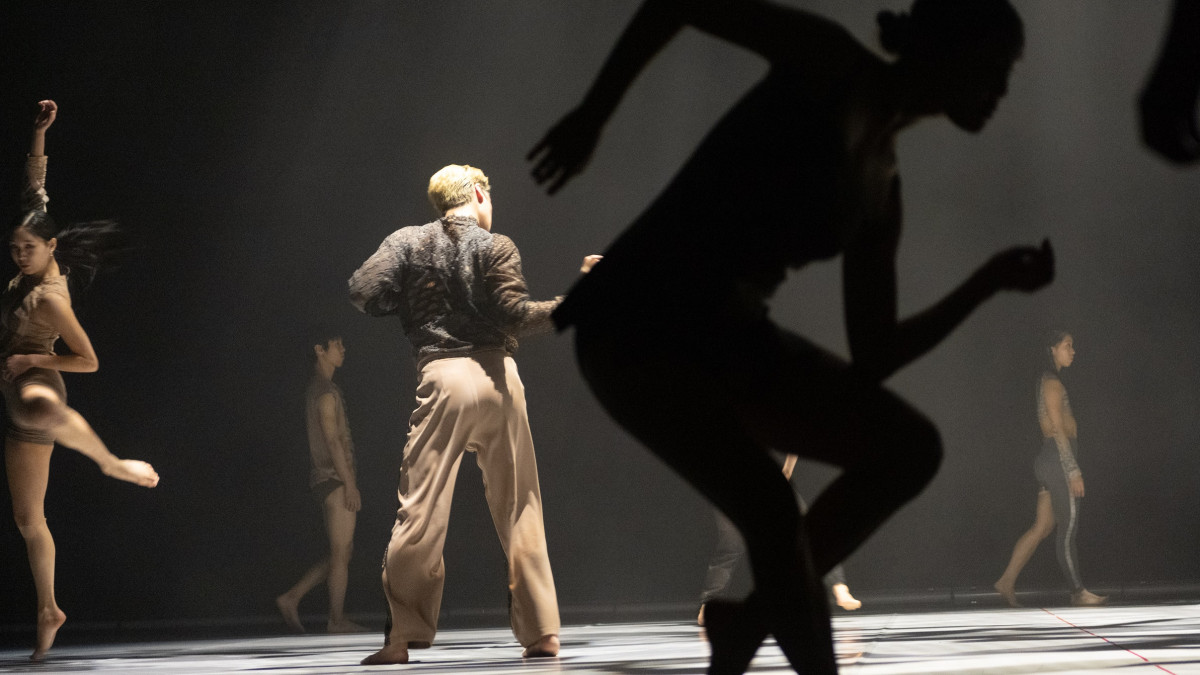
Dance Company from Korea Is Coming on Tour to Astana

EL.KZ Информационно-познавательный портал
On August 10, Korea National Contemporary Dance Company (Seoul) with the support of the Korean Cultural Center of the Embassy of the Republic of Korea will present the choreographic work Jungle at Astana Opera’s Grand Hall. This event already attracted the viewers’ attention, because the unique and deeply emotional art of Korean choreography is rarely seen in the capital, El.kz cites astanaopera.kz.
Korea National Contemporary Dance Company, founded in 2010, is known for outstanding productions created in collaboration with exclusive set, costume and lighting designers. The main goal of the collective is to create works that reflect modern life and society in Korea, making them relevant and understandable to audiences around the world, regardless of their cultural code.
In May 2023, Kim Sungyong became the company’s artistic director. His creative energy and vision brought new impetus to the dance company’s work. His productions are characterized by deep insight into the essence of human life, which makes them unique and unforgettable.
For the Kazakh audience, the Korean dance company prepared the production Jungle, staged by Kim Sungyong. It was first presented in April of this year at Seoul Arts Center’s CJ Towol Theater and already managed to win the hearts of the audience in Paris, where it was performed at 13ème Art on July 23 and 24.
Jungle is a philosophical exploration of human life through the prism of primitive nature. It focuses on the singularity of movement, depicting the coexisting of mind and emotion, consciousness and subconsciousness, beauty and ugliness.
Lighting Designer Lee Jungyoon and costume designer Bae Kyongsool also worked on the performance. The main element of the stage is a tuft of grass hanging from above that represents the jungle. In this context, it is perceived not only as a natural environment, but also as a metaphor for the instinctive world. Here the thought arises about the survival of the fittest and how these instincts manifest themselves in modern society.
At the beginning of the performance, the dancers move in a circle. These movements may seem familiar and mundane, but in fact they represent our daily life and instinctive behavior in an urban environment. The dancers act improvisationally, which gives their movements uniqueness and unpredictability. At the end of the performance, the dancers look at each other, creating a new space for reflection. The group watches the individuals, who in turn watch the group, forming a unified whole.
Thus, Jungle is not just a dance performance, but a deep exploration of human nature through the movements of 17 dancers. It is both an image of nature and a symbol of purity and authenticity

